About the Longevity Testing Institute
Many products and health metrics in the longevity space sound questionable yet may truly help (or not). The Longevity Testing Institute connects companies, researchers, clinicians, and self-experimenters to evaluate longevity interventions and metrics; in order to discover and disclose what really works for long, healthy lives.
"Should I take this pill?"
We will attribute:
Health metrics that permit a product to obtain a medal inherit the same medal. Precisions & Q&AThe above is a simplification. Precisions with Q&A:
Why is testing essential in the longevity space?
|  |
Team
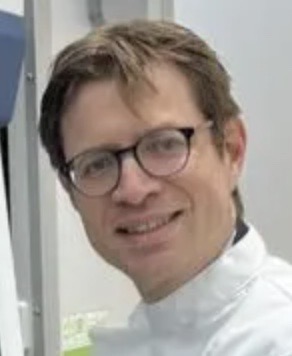
Dr Edouard Debonneuil
Edouard is a longevity veteran (25 years); after aging research at the Pasteur Institute, UCLA and Inserm he co-founded the International Longevity Alliance and its French branch Longévité & Santé.
Edouard founded the Longevity Testing Institute to shed light on what truly works for healthier, longer lives, but also as a bridge to many lifespan tests of rodents and even shorter-lived animals, as he believes that their shorter lives is the support to rapidly identify solutions to aging in our lifetime while testing and validating how they apply to people
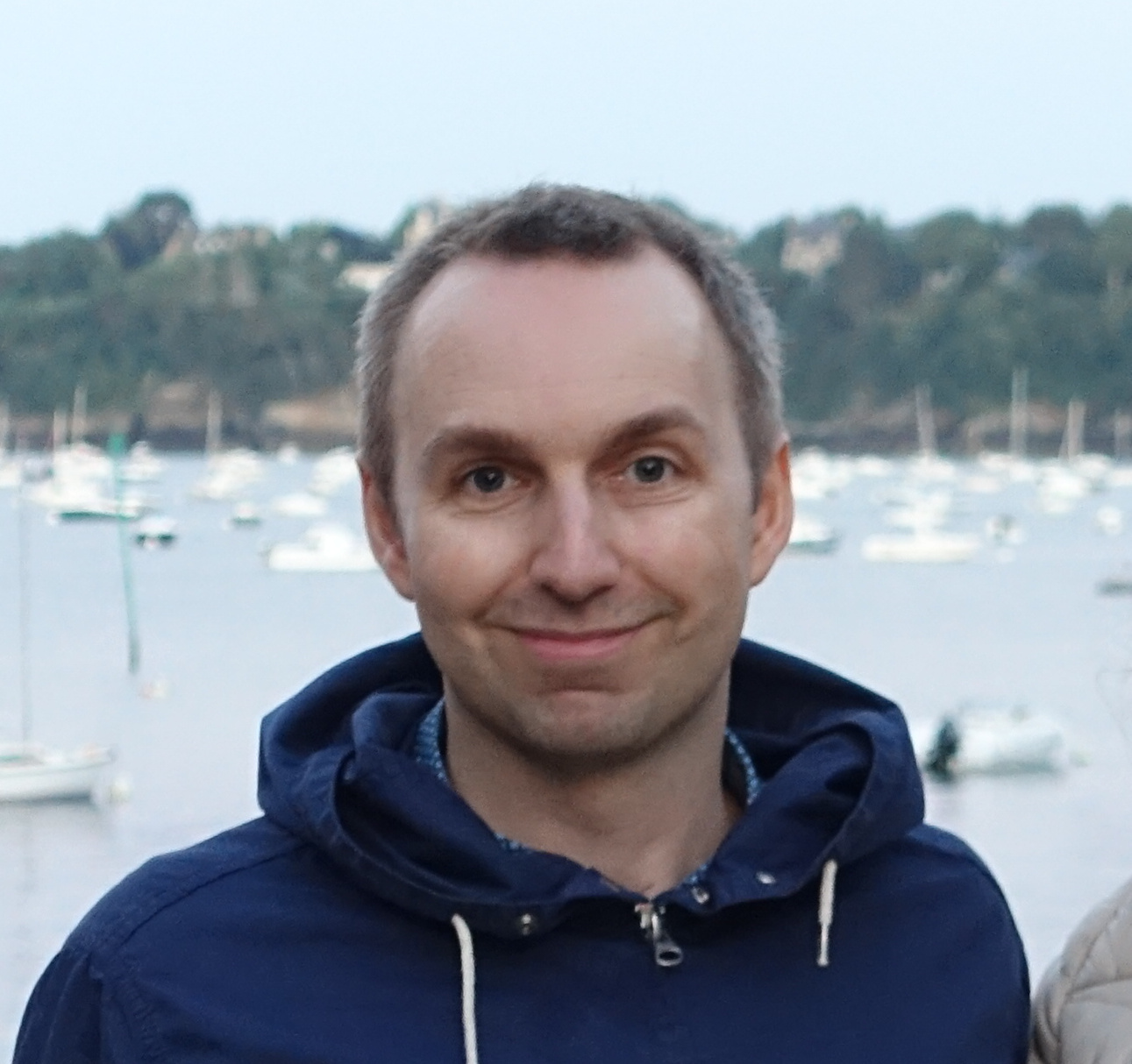
François Robin-Champigneul
Researcher on functional biological clocks and on supercentenarians
François has developed a passion for the life of the oldest olds and their potential secrets for longevity. Interested in confronting hypotheses with measurable real effects, he developed math and data analysis to assess mortality risk (in other terms, biological age) based on blood, urine or non-invasive measurable markers of body function. François will adjust the LTI and facilitate its good use by various stakeholders towards more light on how to live longer healthier lives.
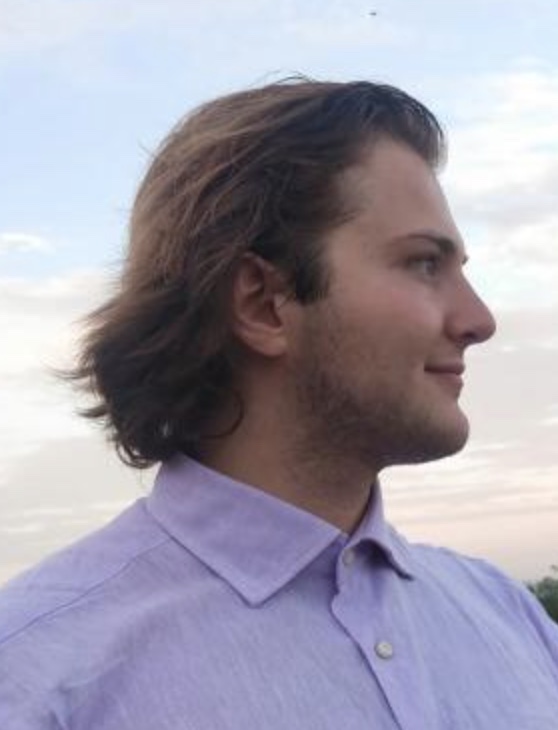
Sacha Martinelle
Mobilizing science and society toward very long lives
With a background spanning mathematics, economics, and public policy, Sacha has been part of the earliest community efforts in longevity and is now helping to connect scientists, entrepreneurs, and enthusiasts around the world. He aims to turn longevity from a niche pursuit into a coordinated, global effort - building infrastructures like the Longevity Testing Institute to accelerate discoveries and bring longer, healthier lives within reach for all.
Advisory Board
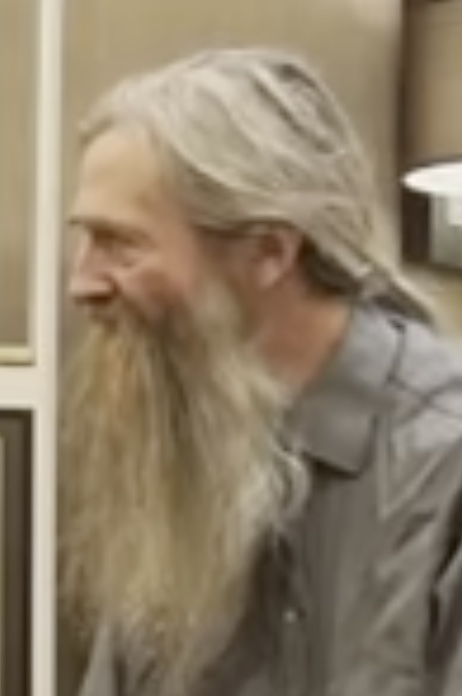
Dr Aubrey de Grey
World leader of the ongoing longevity revolution movement, leads the Longevity Escape Velocity Foundation (LEVF)
Pioneer of rejuvenation research who champions ambitious strategies to repair age-related damage. Dr Aubrey de Grey would love to see a large Robust Rodent Rejuvenation project take place (mice and rats), perhaps even with a parallel on patients
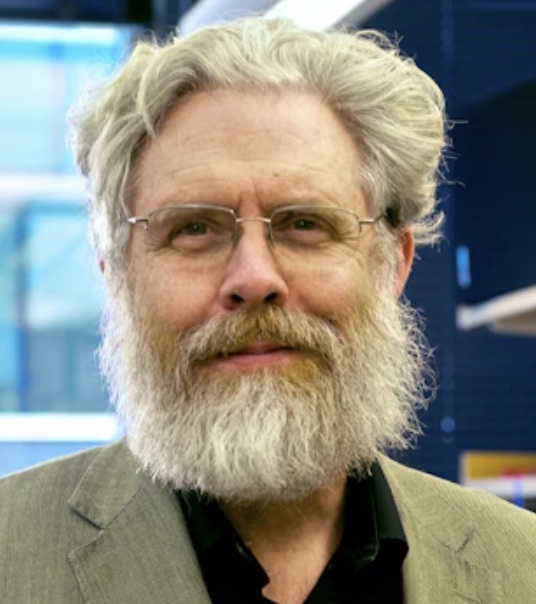
Pr George Church
Accepted to advise LTI because 'Testing standards are & will be quite important'. The Time magazine featured George Church as one of the 100 most influential people in the world.
George is Professor of Genetics at Harvard Medical School and Professor of Health Sciences and Technology at Harvard and MIT. He is Director of the U.S. Department of Energy Technology Center and Director of the National Institutes of Health Center of Excellence in Genomic Science. He has received numerous awards including the 2011 Bower Award and Prize for Achievement in Science from the Franklin Institute and election to the National Academy of Sciences and Engineering.
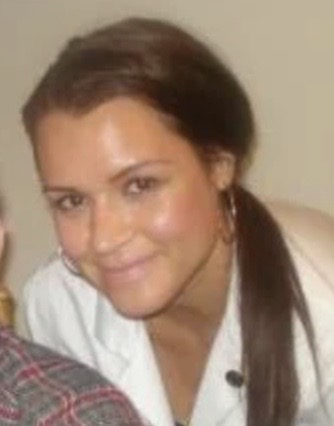
Natalie Coles
World supercentanarian specialist
Researcher in the biology of aging, with specialist expertise in the oldest old humans - supercentenarians, who are defined as those who have reached the age of 110. Her primary activity has been to draw blood from such people and their offspring, for a wide variety of research applications.
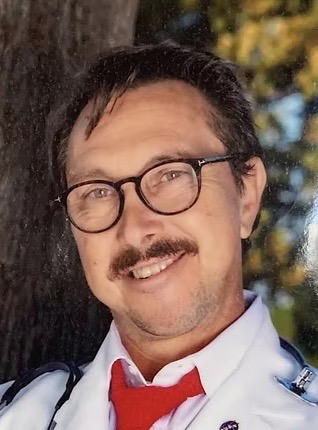
Dr Codrin Blosiu
Board certified and a Fellow of the American Academy of Anti-Aging Medicine and Fellow of Longevity Medicine
Doctor Codrin Blosiu serves on numerous international scientific and medical advisory boards. He is dedicated to the testing and optimization of the whole physical and mental health of his patients focusing on prevention and anti-aging rejuvenation. He notably worked with the Navy SEALs, US Olympic athletes and NASA and continues to put education and scientific research at the forefront of his profession.

Pr Ellen Segal
Physiotherapist and nutritionist, specialist in cutting-edge longevity therapies
Honorary Professor of Langbustech University, New Jersey. Member of the International Longevity Alliance. Radical Life Extension Group Mitospace research group Head of Health Department AI Midas Preventive Medicine, Hyperbaric Medicine Anti-aging, Longevity therapies. She provides cutting-edge, science-based solutions by combining advanced anti-aging therapies with proactive longevity strategies.
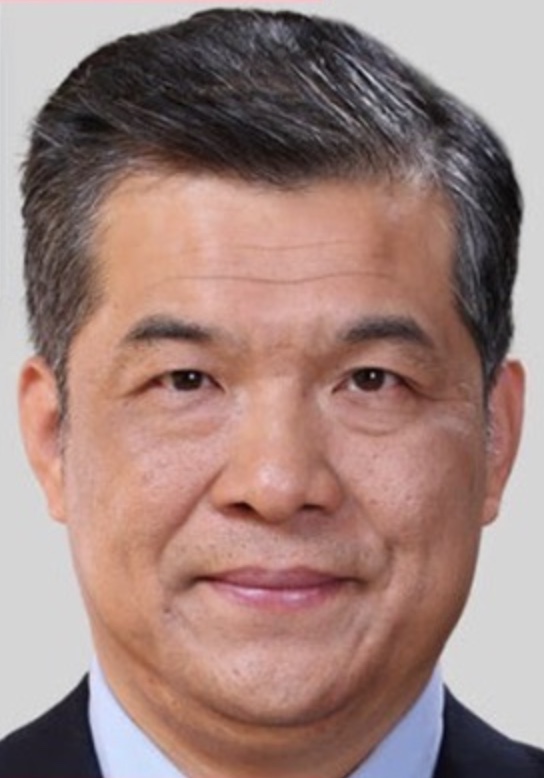
Pr Wenbin Li
Chairman of the Asia-Pacific Society of Longevity Medicine in China
Doctor Wenbin Li is a world specialist on brain cancers, he was principal investigator for more than a dozen clinical trials and believes that even hospital patients would benefit from anti-aging science, to face diseases and treatments with more resilience.
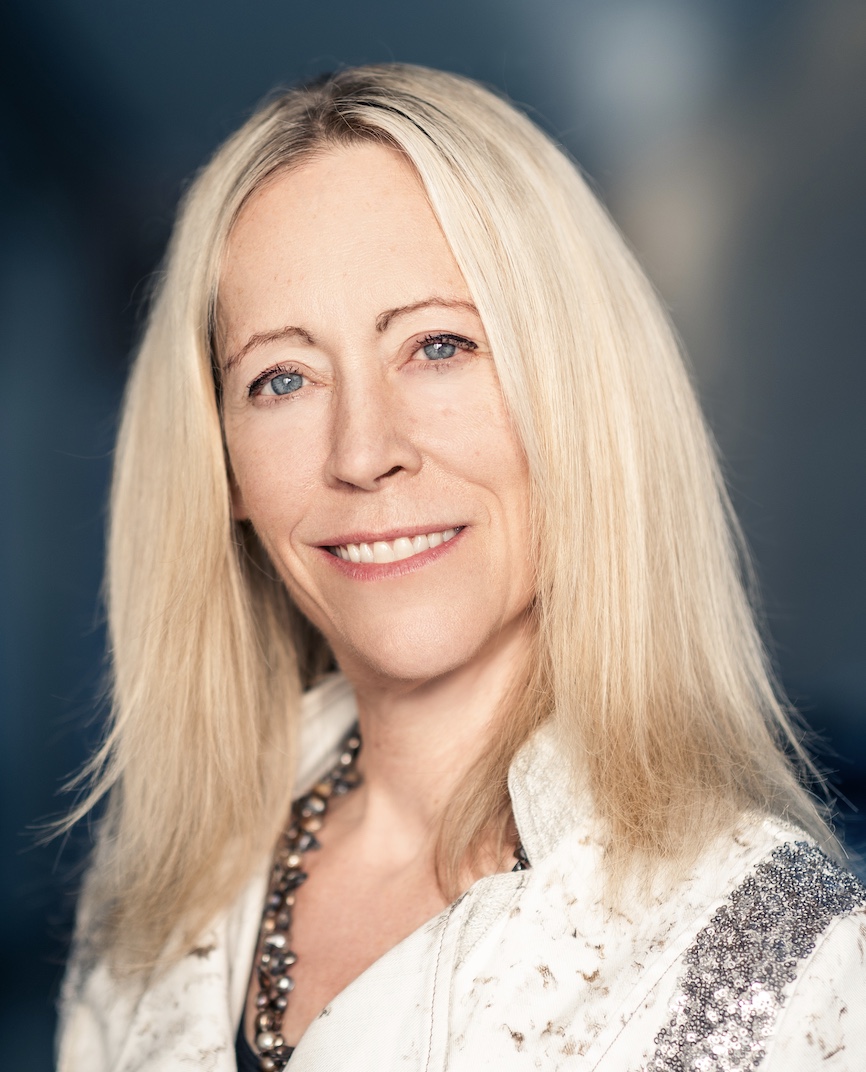
Tina Woods
Social Entrepreneur and System Architect in Healthy Longevity
Tina Woods is a mission-driven social entrepreneur and system architect bringing diverse stakeholders together in shared endeavours to improve human and planetary health, working at the cross section of science, technology, investment and policy/government.
